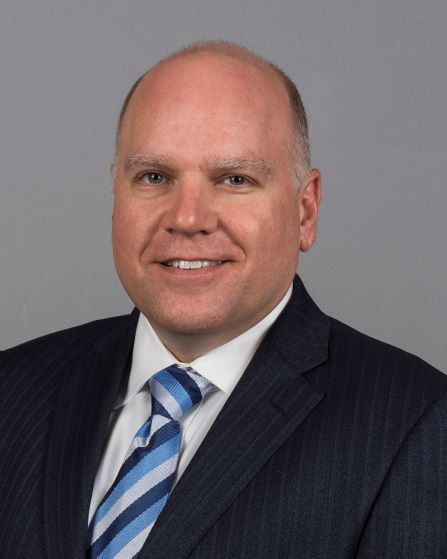Advance Directives: What you need to know
Posted December 03, 2020 by Charles A. Zonfa, MD, FACOG | Chief Medical Officer

If you suffer a catastrophic accident, become terminally ill or are in a coma that leaves you unconscious or unable to speak, how can you make sure your medical wishes are known? Advance directives are your answer.
Advance directives are written instructions to your loved ones and health-care providers about the type of medical care you would like to receive should you not be able to communicate them. They are important tools that help reduce confusion and disagreements about your medical treatment.
In contrast to what many people might think, advance directives are important for everyone — not just the elderly. End-of-life crises can happen to anyone at any time, so it’s important you are prepared with advance directives, even at a young age.
When you plan ahead, you will receive the medical care you desire, while at the same time saving your loved ones from having to make a major medical decision in a crisis.
Learn more about the two types of advance directives and why they’re important should the unthinkable happen.
Living Will
A living will is a legal document that states your preferences for medical treatment in the event you are incapacitated and unable to make decisions for yourself.
When putting together a living will, be sure to decide and include which medical interventions are acceptable and whether you want your life extended, especially in catastrophic situations. For example, you can state in a living will whether you want life-sustaining procedures, such as life support or CPR. It can also state your preferences for pain management or organ donation.
It’s an important decision, so be sure to discuss it with your loved ones and professional advisors. A living will typically entails the following end-of-life situations:
- Cardiopulmonary Resuscitation, or CPR
- Tube feeding to give your body nutrients and hydration
- Mechanical ventilation if you’re unable to breathe on your own
- Dialysis to remove body waste from blood
- Comfort care to manage pain
- Organ and tissue donation
Durable Power of Attorney for Healthcare
A durable power of attorney for healthcare is a written legal document that appoints another person, such as a spouse, adult child or other family member, to make medical decisions for you in the event you are unable to do so.
Remember, this person only has legal power to make medical decisions for you. It does not include financial matters.
The person you choose to make medical decisions on your behalf is crucial, so give careful consideration before making your choice. Not all situations can be anticipated, and some will require that person to make a judgment about your care wishes.
So, when choosing a person as your durable power of attorney for healthcare, ask yourself the following questions:
- Is the person comfortable discussing medical care and end-of-life issues?
- Can this person be trusted to adhere to my wishes and values?
- Is this person willing and comfortable in advocating on my behalf if there are disagreements about my care?
Preparing advance directives
It’s wise to use an attorney to prepare your advance directives because laws differ by state and there are legal requirements to create a legally binding document. However, a lawyer does not have to create them for you. You can locate forms through your state’s bar association.
Once you have advance directives, be sure to make multiple copies to give to your durable power of attorney for healthcare, family members, medical care providers and lawyers. Keep the original copy in a safe place.
These documents will never expire. However, should your situation change, such as marital status or a new diagnosis, you can always alter or update your advance directives at any time.
While this topic may be emotionally difficult to discuss with your loved ones, no one can predict when unexpected medical crises occur. With advance directives in place, they ensure you’re prepared, and your medical care wishes will be carried out in any emergency.
